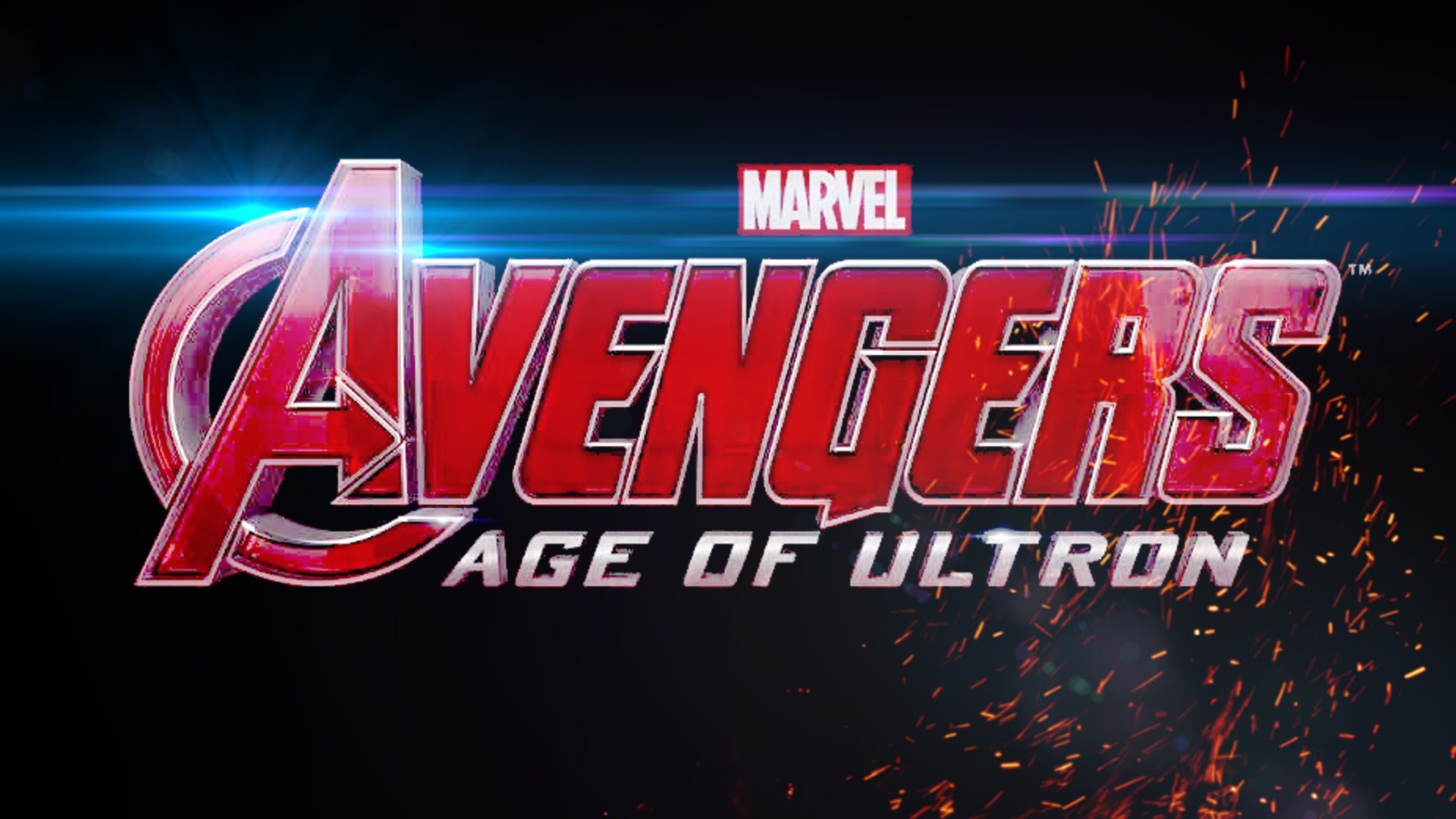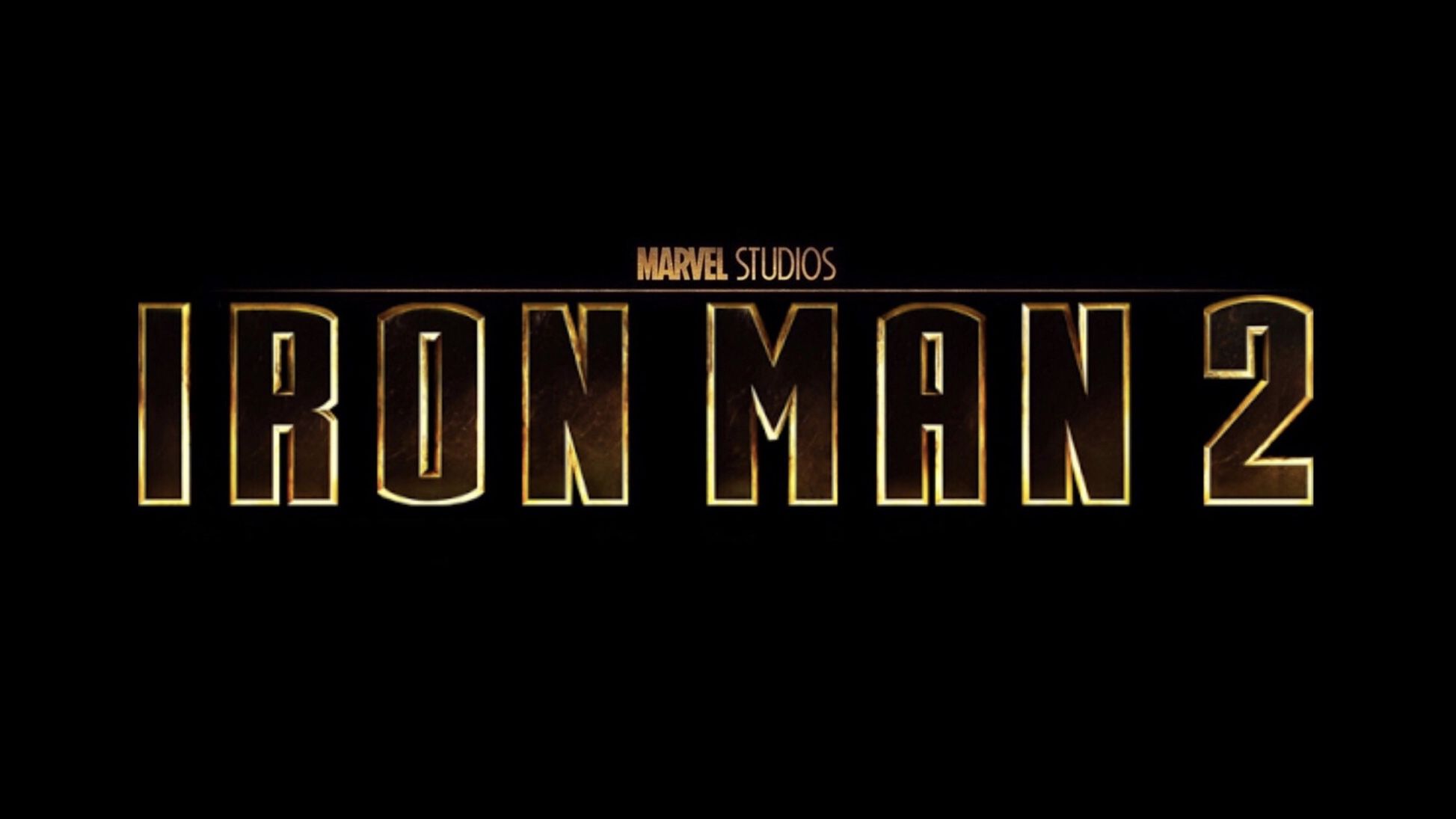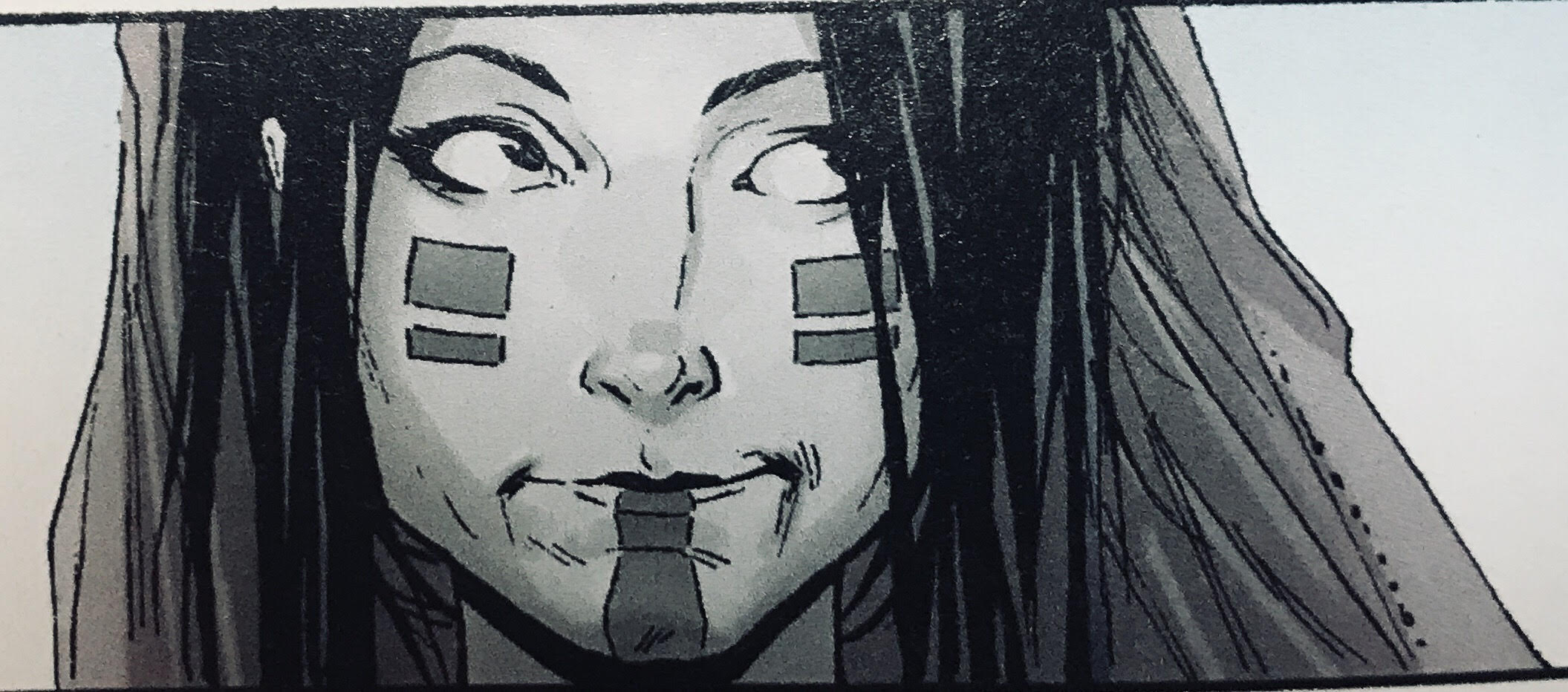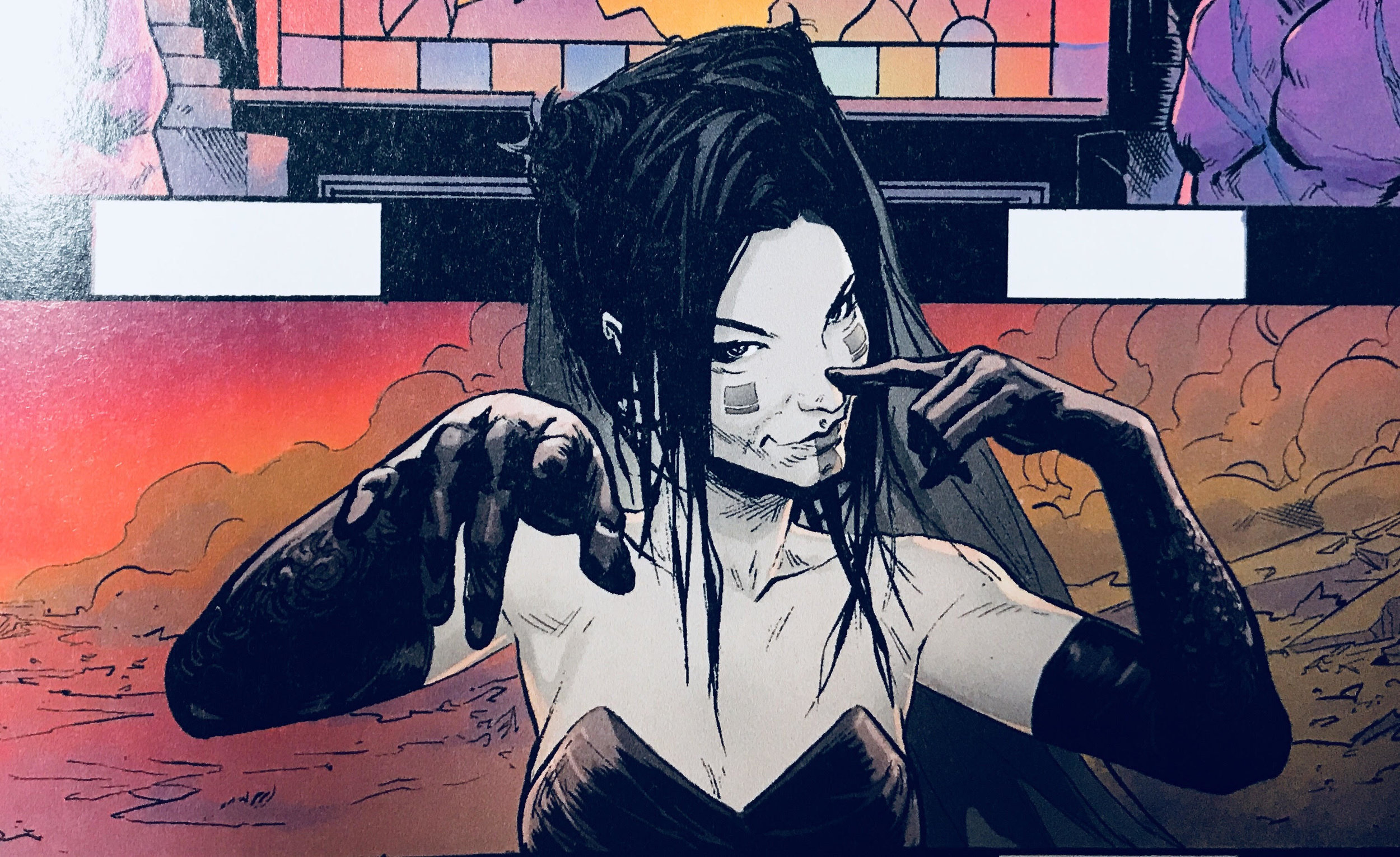This is just expert comic storytelling, with a caption giving us a casual contrast to the violent domination Thanos has just wrought. But this is also still the exposition phase of our story, the time before the call to adventure where we’re in Thanos’ status quo, and what Cates’ establishes here is that normal life is one in which Thanos just *shrug* obliterates the Chitauri, a race so fearsome it was the villain in the first Avengers movie.
The rest of the book reads like a game of Cates one-upping himself from there.
Marvel’s Commitment and Support
Thanos Wins is the most significant run at Marvel since Tom King’s 2015 Vision, and I’m drawing that connection to note one way that Marvel did not let history repeat. After Vision, DC swooped in and snapped King up. Marvel must have figured out what it had in Cates, because they signed him months before Thanos' first issue dropped.
And good on them.
Support like that is key to a story as big and seemingly limitless as Thanos Wins. In an endnote for the run's finale, Cates notes he was shocked that Marvel let him do the things in this book. He doesn’t mention this, but Marvel also supported Cates over Jim Starlin, the character’s creator.
See, Starlin was at work on a three-part graphic novel series that he said had a plot close to what Cates did here. No one has gone into detail, so it’s tough to know how much it truly overlapped, but what is known is that Starlin felt Marvel choose Cates’ work over his own, and he quit the publisher because of it.
We don’t know enough to say what Cates’ role (if any) was, and, really, I’m not sure it matters in the context of this conversation. As Oliver Sava noted in an AV Club piece early during Thanos Wins, “it’s all part of a bigger conversation about creator rights as superheroes continue their pop culture dominance.”
I think that’s true, and thus we'll save further examination until we can give the topic the space it deserves.
Thanos Wins
I’ll bring this home by noting Cates' work here is enough for me to buy his future Marvel books without hesitation. I’m also reading his creator-owned series Babyteeth and Redneck, and I'd place him in rarefied air with the aforementioned King and Jeff Lemire, whose work I also buy unconditionally.
What I find maybe the most interesting about Cates is he’s a pretty straight-forward storyteller, rarely toying with form or meta dialogue. He’s kind of a classic writer, in that his stories are driven hardest by character choices, with all plot growing from that. He seems to have an obsession with what drives people to violence that he’s dissecting in his work, and he’s not afraid to use an everyman voice in narration, or go the other way and sound like a poem. Call him the Cormac McCarthy of comics. Too much? Whatever.
Anyway, I’m glad he landed at Marvel and I hope he stays. Marvel’s risk-friendly editorial team seems better suited for Cates’ sensibilities. I should, however, note he has so far shown himself expert at contained mini series with big endings, and is yet to drive a book long-term like Jason Aaron on Thor, or Bendis on Ultimate Spider-Man. If Cates' Twitter is to be believe (and it's not, he literally said he wasn’t doing Venom a day before it was announced he was doing Venom), plans are for Venom to run for many, many issues. I don’t care much for Venom as a character, but with Cates writing, I’m downright excited to check that book out.
Zack Quaintance is a career journalist who also writes fiction and makes comics. Find him on Twitter at @zackquaintance. He lives in Sacramento, California.

































